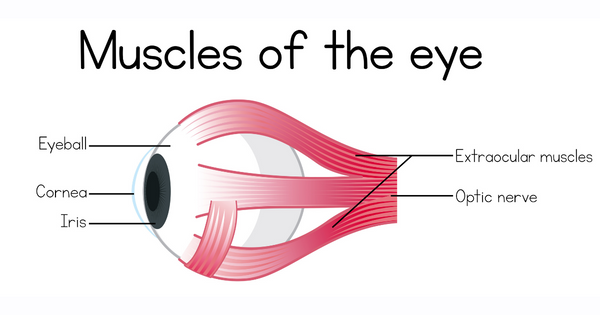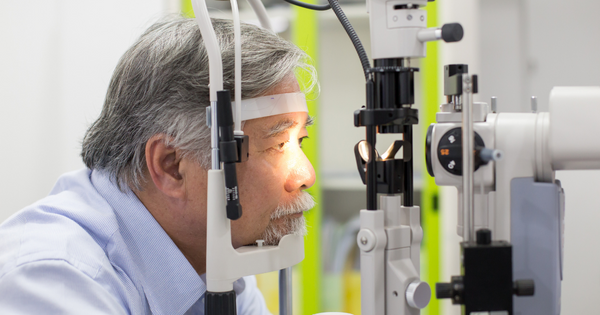The Sneak Thief of Sight
The Importance of Early Detection in Glaucoma
 Glaucoma, otherwise known as "the sneak thief of sight," is a leading cause of blindness
that is triggered by damage to the optic nerve. The optic nerve is a cable that carries
all of our visual information from our retnina back to our brain, allowing us to see
visual images. Nearly 3 million people in the United States have the most common type
of Glaucoma, open-angle. In fact, glaucoma consists of several different diseases
that present a wide range of affects.
Glaucoma, otherwise known as "the sneak thief of sight," is a leading cause of blindness
that is triggered by damage to the optic nerve. The optic nerve is a cable that carries
all of our visual information from our retnina back to our brain, allowing us to see
visual images. Nearly 3 million people in the United States have the most common type
of Glaucoma, open-angle. In fact, glaucoma consists of several different diseases
that present a wide range of affects.
1. What affect does glaucoma have?
Glaucoma affects the optic nerve as it enters the back of the eye. Over time, thinning in the optic nerve leads to vision loss and can lead to blindness. Damage that occurs from glaucoma is irreversible, so the goal is to prevent damage to the optic nerve.
Usually glaucoma is slowly progressive, and while it worsens over time, our goal is
to slow the rate of glaucoma progression and even stop it.
2. What are the root causes?
 Glaucoma often occurs when the eye’s internal drainage system has trouble draining
fluid from the eye, which can cause the pressure inside of the eye to build. There
are several risk factors for developing this disease. As we grow older, we are at
higher risk for developing it. Other risk factors include high eye pressure, family
history, race and having thin corneas. Within these risk factors, the only one that
can be changed is eye pressure, and that is where treatment needs to focus.
Glaucoma often occurs when the eye’s internal drainage system has trouble draining
fluid from the eye, which can cause the pressure inside of the eye to build. There
are several risk factors for developing this disease. As we grow older, we are at
higher risk for developing it. Other risk factors include high eye pressure, family
history, race and having thin corneas. Within these risk factors, the only one that
can be changed is eye pressure, and that is where treatment needs to focus.
3. How glaucoma affects the Appalachian Highlands
In the Appalachian Highlands, the number of patients with glaucoma is expected to increase as the population ages. There is currently a significant amount of glaucoma patients who can benefit from seeing an opthalomogist to decrease the likelihood of future vision loss.
4. How to protect yourself from developing glaucoma
The only way to detect early signs of glaucoma or identify patients who might be at risk is to do a comprehensive eye exam. The early stages of vision loss often go undetected by patients as they lose peripheral vision, so it is important to identify glaucoma before it has the opportunity to worsen.
The American Academy of Ophthalmology recommends a screening eye exam for all adults at the age of 40 to check for glaucoma as well as other eye conditions. Patients with a family history of glaucoma should see their ophthamologist for screening exams at earlier ages.
If a patient has been diagnosed with glaucoma, it's important to decrease the eye pressure. This is typically done with prescription eye drops, laser eye surgery or even surgery in an operating room for more advanced glaucoma.
While we have the latest technology to accurately detect early changes associated
with glaucoma, we always include the patient in discussions regarding their eyes and
treatment options. ETSU Health is focused on being a leader in glaucoma management
in the Tri-Cities area, and we are actively offering the latest treatment options,
including the ability to treat glaucoma at the same time as cataract surgery.
5. How to Raise Awareness
 An easy way you can raise awareness for glaucoma is to open the conversation with
family members. Many patients have no idea whether their parents have glaucoma or
other eye disorders. Considering whether it's time for you to make a visit for a screening
eye exam is very important.
An easy way you can raise awareness for glaucoma is to open the conversation with
family members. Many patients have no idea whether their parents have glaucoma or
other eye disorders. Considering whether it's time for you to make a visit for a screening
eye exam is very important.